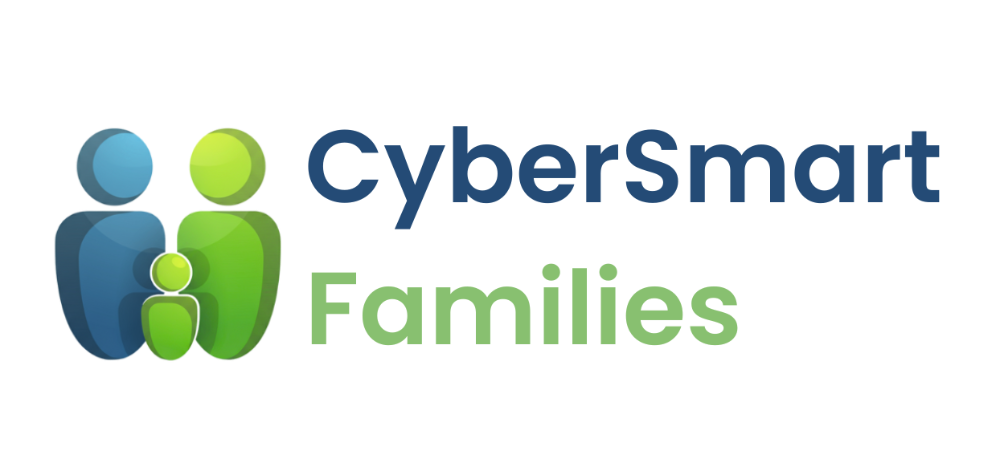The Biggest Online Scams Targeting Aussie Families
May 21, 2025
Online scams are on the rise in Australia, with scammers constantly adapting their methods to target more victims. According to the National Anti-Scam Centre's 2024 Targeting Scams report, Australians reported over $2 billion in losses to scams last year. Families are often hit hard, facing not only financial losses but emotional distress as well.
Understanding the most prevalent scams and how they work is key to protecting your loved ones. This blog walks you through Australia’s top online scams in 2024, practical prevention methods, and resources to safeguard your family.
1. Investment Scams in Australia
Investment scams were the most financially damaging in 2024, accounting for $945 million in losses. These scams lure victims with promises of high returns through fake cryptocurrency investments or fraudulent trading platforms.
How These Scams Work:
- Scammers often create professional-looking websites and social media ads showcasing “guaranteed returns.”
- They target families looking to secure their financial future with messages like “Invest in your children’s future.”
- Victims are pressured to act quickly, transferring funds into fraudulent accounts.
Why They Hurt:
- Families have lost entire life savings or home deposits to these scams.
- The emotional toll includes feelings of betrayal, embarrassment, and guilt.
Protect Your Family from Investment Scams:
- Verify companies through ASIC’s Moneysmart Investor Alert List.
- Avoid “get-rich-quick” schemes or offers that sound too good to be true.
- Never transfer money to unknown parties without verifying their credentials.
2. Romance Scams
Romance scams caused $156.8 million in losses last year. They exploit emotions, creating fake relationships to gain trust before requesting financial help under false pretenses.
How Scammers Target Families:
- Single parents and divorced individuals are prime targets.
- Scammers often use children to tug on heartstrings, claiming they need money for a child’s medical emergency or school fees.
The Emotional Impact:
- Beyond financial loss, victims face shattered trust and damaged self-esteem.
- Families and children often suffer financially as a result.
How to Avoid Romance Scams:
- Be cautious when forming relationships online – verify identities through video calls or shared connections.
- Never send money to someone you haven’t met in person.
- Use reverse image search tools to confirm profile pictures are authentic.
3. Payment Redirection Scams
Families lost $152.6 million to these scams in 2024. Scammers hack email accounts to intercept legitimate payment instructions, replacing details with their own bank accounts.
How These Scams Target Aussies:
- These scams often happen during milestone transactions, such as real estate purchases or wedding planning payments.
- Scammers quietly alter payment emails, making it difficult to detect fraud until it’s too late.
Why They’re Devastating for Families:
- Funds are hard to recover once wired to the scammer’s account.
- Families lose money earmarked for significant events, creating long-term financial strain.
How to Protect Your Payments:
- Always verify payment instructions by directly contacting the involved party.
- Avoid making large payments via direct bank transfers when possible.
- Look for odd changes in tone or grammar in emails, which may indicate tampering.
4. Phishing Scams (2024 Highlights)
Phishing scams, where fraudsters impersonate legitimate organizations, were responsible for $84.5 million in reported losses. Scams often appear as fake emails, texts, or messages claiming to come from banks, delivery services, or government agencies.
Common Tactics:
- Emails claiming “urgent” action is needed, such as updating account details.
- Fake notifications from services like myGov, citing overdue payments or tax refunds.
Why They’re Harmful:
- Personal and financial information stolen via phishing can lead to fraudulent transactions or even identity theft.
How to Stay Safe:
- Don’t click on links in unsolicited emails or texts.
- Contact organizations directly using official channels to verify messages.
- Enable multi-factor authentication on all online accounts for added security.
The Human Cost of Scams
More than just monetary losses, scams have a significant emotional and psychological impact on victims and their families. Shame, regret, and anxiety are common feelings, particularly among older Australians, who lost the most money to scammers in 2024.
Children aren’t exempt from the impact, either. Financial strain often trickles down to affect their schooling, extracurricular activities, and overall well-being.
Practical Tips to Protect Your Family from Online Scams in Australia:
Educate Your Loved Ones
- Teach children and seniors about the warning signs of scams.
- Reinforce the importance of being cautious with personal details online.
Strengthen Your Cybersecurity
- Use unique, strong passwords for all accounts.
- Keep software and devices updated to the latest versions.
Verify Before You Act
- Confirm any requests for money with a phone call or official contact.
- Be skeptical of unsolicited messages, especially those with urgency.
Report and Share
- Report scams to Scamwatch to help authorities track and disrupt scammers.
- Share your scam experiences with friends and family to raise awareness.
Call to Action
Online scams in Australia are becoming more sophisticated, but you can outsmart scammers by staying informed and vigilant. Protect your loved ones by following the tips above and keeping communication open about potential threats.
Help spread awareness among friends and family by sharing this blog. Together, we can create a safer online environment for Aussie families.
Want more than just a blog article?
Join CyberSmart Families for $4.97/month and get monthly videos, checklists, and giveaways — all designed to make your home safer online.
Stay in the loop!
Join our mailing list and get the latest CyberSmart Families blog updates straight to your inbox.
We hate SPAM. We will never sell your information, for any reason.

